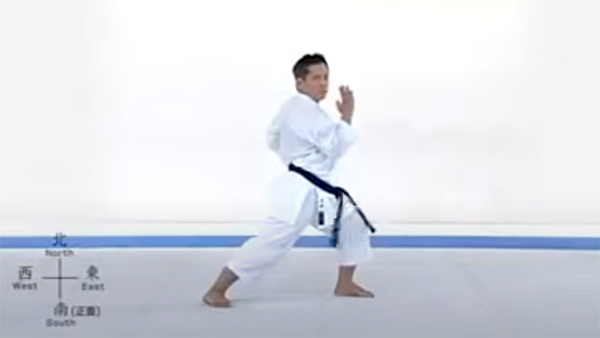
Kata Study & Practice
The 12 Core Kata of Goju-Ryu Karate
Goju-Ryu karate is a traditional karate style that emphasises hard and soft techniques. The core principles of Goju-Ryu are encapsulated in its 12 Core Kata, which is a set of fundamental forms that practitioners learn and master. Each kata has unique movements, sequences, and principles, providing a structured training progression and allowing practitioners to develop essential physical and mental attributes for practical self-defence and martial arts mastery. Practitioners of Goju-Ryu karate study and practice these katas to refine their techniques, improve their physical abilities, and deepen their understanding of the martial art.
It's important to note that kata interpretations and variations may differ among different Goju-Ryu schools and instructors.











